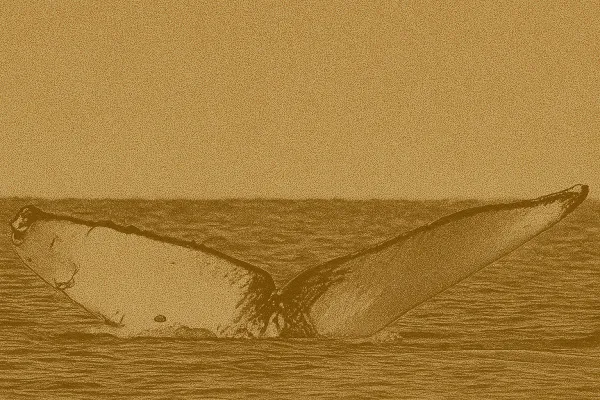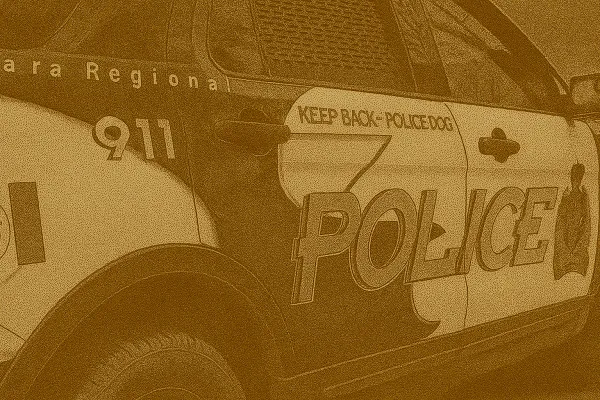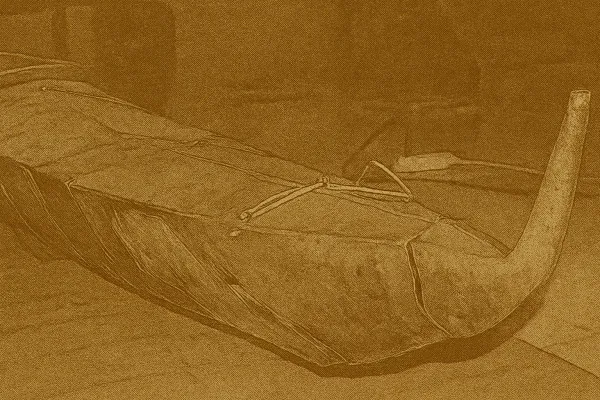Based on coverage from CBC and the New York Times.
Rising Concerns Over Humpback Whale Deaths in British Columbia
The recent death of Polyphemus, a 21-year-old humpback whale, has sparked concern among researchers and locals in British Columbia. Found dead on November 8 near Lasqueti Island, Polyphemus is the third humpback whale to be discovered dead off the B.C. coast in less than two months. This troubling pattern has raised alarms about the potential causes, with vessel strikes being a primary suspect.
Humpback whales have made a remarkable comeback in B.C. waters since the end of commercial whaling in the late 1960s. From a mere seven sightings in 2003 off northeastern Vancouver Island, numbers have surged to over 115 in recent years. However, this resurgence has brought new challenges, particularly the risk of collisions with vessels as their populations grow.
Support The Canada Report and help keep it ad-free and independent — click here before you shop online . We may receive a small commission if you make a purchase. Your support means a lot — thank you.
Vessel Strikes and Whale Migration Patterns
Researchers like Christie McMillan from Fisheries and Oceans Canada emphasize the need for awareness among boaters. Contrary to popular belief, humpback whales are most concentrated in B.C. waters during the fall, not summer. This is when they prepare for their migration to warmer breeding grounds in Hawaii, Mexico, or Central America. With up to 400 humpbacks in the area during this time, the overlap with human activity increases the risk of vessel strikes.
Recent incidents highlight this danger. In mid-September, a B.C. Ferries vessel reportedly struck a whale, and a day later, a humpback known as Midnight was found dead. Similarly, on October 25, a whale-watching vessel collided with a whale named Wisp, which was later found dead on Keats Island. Another incident involved a high-speed ferry striking a calf, Skipper, leaving it with a severe gash.
The Need for Increased Awareness and Reporting
Caitlin Birdsall, executive director of the Marine Education and Research Society, notes an increase in reported ship strikes, partly due to heightened awareness and accountability among vessel crews. However, many collisions likely go unreported, and whales may succumb to their injuries long after the initial impact.
While the exact cause of Polyphemus's death remains unknown pending a necropsy, the pattern of recent deaths underscores the urgent need for preventive measures. Researchers and advocates stress that these incidents are not inevitable. By increasing awareness and implementing safety measures, such as speed restrictions in high-risk areas, the risk to these majestic creatures can be mitigated.
The loss of these whales is felt deeply by those who study and admire them. As Jackie Hildering of the Marine Education and Research Society points out, these are not just anonymous animals; they are known individuals with significant ecological and cultural importance. The hope is that increased awareness and action can prevent further tragedies and ensure the continued recovery of humpback whale populations in Canadian waters.
Related: Three Grizzly Cubs Found Near Cochrane After Hunter Injured in Bear Attack








